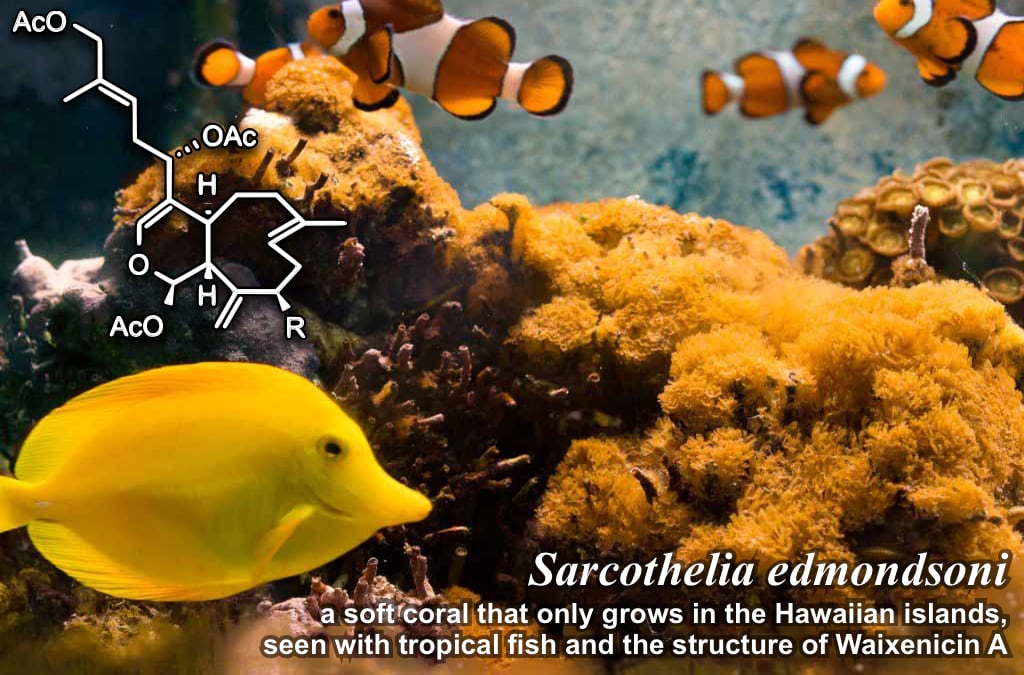Dr. Fleig and her multi-disciplinary collaborative team were awarded a multi-year NIH grant through the NINDS IGNITE program. IGNITE stands for “Innovation Grants to Nurture Initial Translational Efforts”. The IGNITE program supports early-stage therapy developments that are novel, have a strong biological premise and have available test agents.
The interdisciplinary team uses complementary approaches of semi-synthetic chemistry (Dr. Romo and Dr. Hull, Baylor University), natural products and in vitro ADME (Dr. Horgen, Hawaii Pacific University), in vivo models guided by medical expertise (Dr. Sun, Dr. Feng and Dr. Miller, University of Toronto Medical School) and expertise in TRPM7 ion channel physiology (Dr. Fleig, The Queen’s Medical Center). Dr. Horgen’s institution has issued a press release (available here).
The work will address neonatal and perinatal hypoxic-ischemic brain injury (HIBI), which is a major cause of death and neurological damage in infants and children. There is an unmet need for therapeutic options to prevent or reverse these effects. The plasma membrane protein TRPM7 is known to control critical cellular processes involved in oxygen-deprivation of the brain and to protect the brain from damage when suppressed. The only known specific and potent inhibitor of TRPM7 is waixenicin A, a molecule produced by Sarcothelia edmondsoni, a soft coral that only grows in Hawai‘i. The team hopes to lay the groundwork for a viable therapeutic treatment option developed from waixenicin A based on this mechanism.


